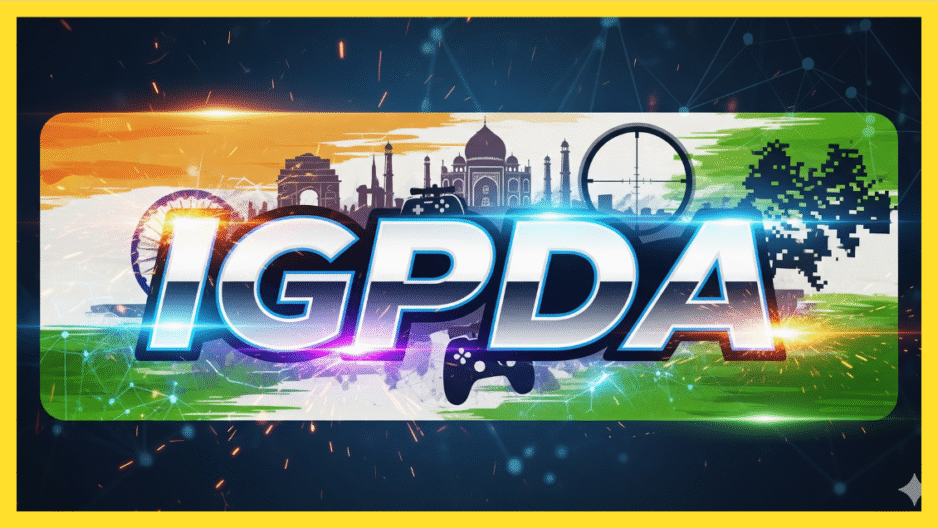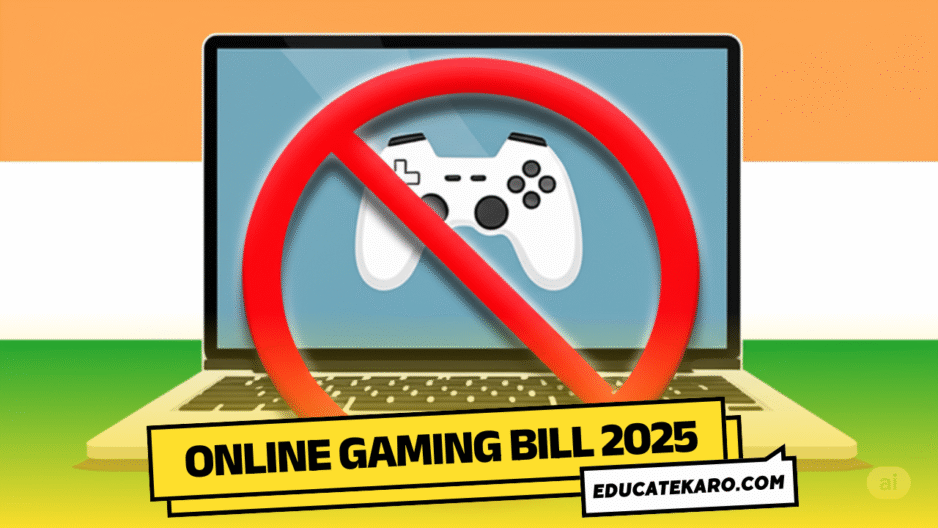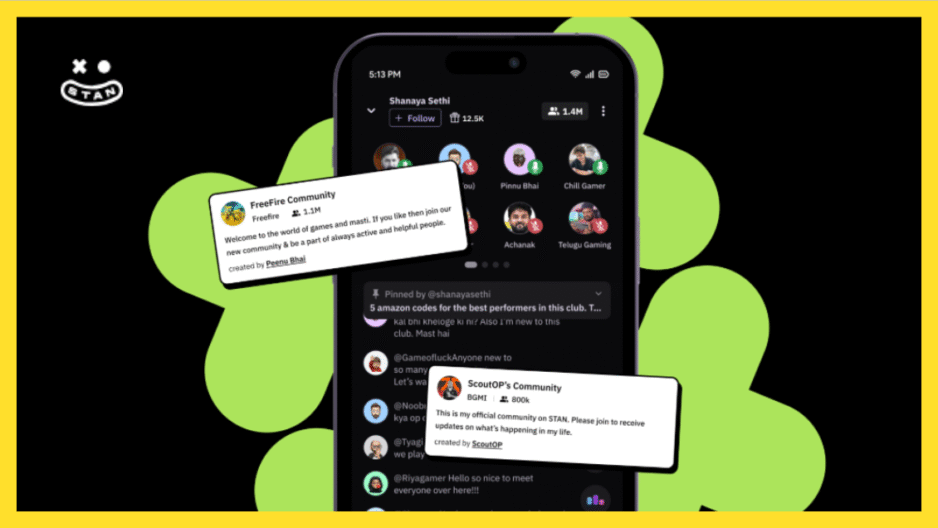India’s gaming industry just leveled up! Several leading publishers and developers—like Nazara Technologies, Gametion (makers of Ludo King), nCore Games, Reliance Games, SuperGaming, Tara Gaming, underDOGS Studio, Aeos Games, and Dot9 Games—have come together to form the Indian Game Publishers and Developers Association (IGPDA). Here’s why this matters:
One Voice, United Vision
After the government introduced new gaming legislation, IGPDA emerged to give India’s game makers a strong, shared voice. This body aims to shine a spotlight on Made-in-India IPs, telling our stories through games and helping studios build global-quality, AAA-level titles.
Genuine Support Across the Board
IGPDA isn’t just about big studios—it’s about supporting the whole ecosystem. From developers and publishers to academia, tech partners, investors, and even indie creators—it’s a full-stack alliance. According to underDOGS Studio, this is a vital launchpad for indie heroes to create world-class franchises backed by India.
Making Mumbai the Global Game Hub
One exciting move: IGPDA is teaming up with the Maharashtra government to shape Mumbai into a global gaming hub. The plan includes policy support to draw companies into the state and attract investment.
More Than Just Games
While compliance with new laws is important, IGPDA is focusing on building for tomorrow. That includes:
- Encouraging innovation,
- Advocating for global standards like privacy and parental controls,
- Helping studios with infrastructure (cloud, tools, testing), and
- Mentoring and investment access for newcomers.
Cultural Power Play
This isn’t just about economics—it’s about culture. Industry leaders like Amish Tripathi (Tara Gaming) stress that India deserves a slice of the global gaming pie. Our own stories, crafted into games, can both bring revenue home and export our culture worldwide.
What’s Ahead?
- IGPDA will join hands in Maharashtra’s state-backed showcase event toward the end of the year.
- They’ll bring policy input, skill-building, and global visibility to India’s AVGC (Animation, Visual Effects, Gaming, Comics) ecosystem.
- The goal? To move beyond struggling under regulatory burdens toward bold, creative ambition—and claim India’s place on the world gaming stage.
Read more: Moneycontrol




